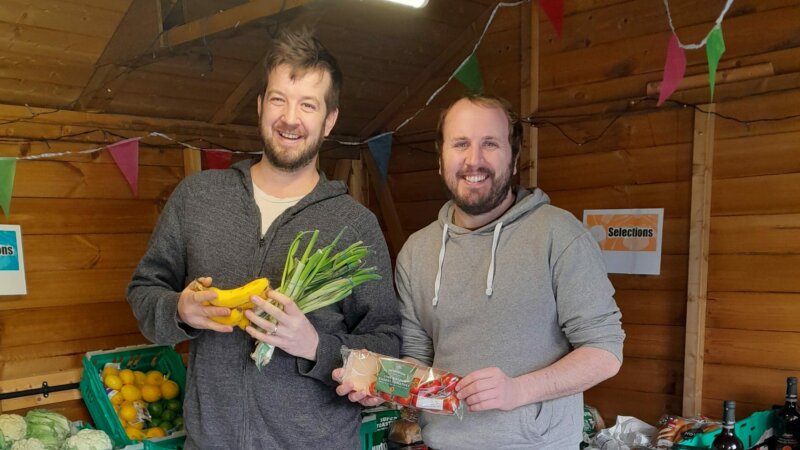Jonathan Foster: Journalist and Lecturer Talk To Now Then
Jonathan Foster is an experienced journalist and lecturer who has worked for The Sunday Times, The Observer and The Independent, acting as North of England correspondent for the latter publication until 1995, when he joined the Journalism department at the University of Sheffield. Jonathan covered the miners' strike of 1984- 85 and the James Bulger murder case in 1993, as well as a number of exclusive political stories in the UK, Northern Ireland and South Africa.
Very well respected at the University by staff and students alike, we spoke to Jonathan after he was shortlisted as a speaker for the University's Inspiration & Co series of talks.
How did working as North of England correspondent for The Independent until 1995 shape your view of the North?
First thing it emphasised, of course, is the diversity up north - about ten regions between the Trent and the Border. What have they in common, apart from being distinct from London and the Home Counties? During the period from about 1980, that diversity has diminished. Steel and coal ceased to define South Yorkshire, for example. Merseyside's maritime economy submerged. Small town Lancashire has become an economic and social void. Anything left has been privatised, run now from behind closed, distant doors, either in ownership or management.
Very little about Manchester or Skipton or Newcastle or Carlisle is now distinctive, including the politics. It would have been impossible for Ed Miliband or Caroline Flint to be selected as parliamentary candidates for Doncaster. So much of the north's been eviscerated, themed and subordinated to metrocentric priorities.
How do you think the role of journalists has changed in the last decade?
It hasn't. There are fewer jobs for reporters and editors, less time and money for those in work to do the job. So roles requiring scepticism, perversity and curiosity as engines of compelling narratives are unaltered, although more difficult to perform. Social media have added sources of information. Others have meanwhile withered. Scrutiny of the public sector is much more difficult, monopolies like power are secretive in the extreme, and politicians aided by judges have decided that privacy is a human right.
For the many good journalists, the words of John Adams still define their role: "Liberty cannot be preserved without a general knowledge among the people, who have a right...an indisputable, unalienable, indefeasible, divine right to that most dreaded and envied kind of knowledge. I mean, of course, of the character and conduct of their rulers." For "rulers", I'd say "those in power" - celebs as well as bent MPs, corrupt bankers and their buddies in the judiciary.
Do you think physical news sources will eventually be completely replaced by digital alternatives? Or will there always be a demand for print?
The odds seem stacked against newspapers and magazines, although some titles are performing very well. Maybe it's more pertinent to consider whether reading - the written word published in any form - becomes less important than viewing images.
Does the relative failure of The Times online paywall - only 130,000 subscribers after two years - signal a positive change for the world of news? Or does the demand for free online content drive down the quality of journalism?
I don't think there's ever been a golden age for the quality or viability of journalism. The paywall at The New York Times has, I think, been more fruitful - unsurprising since it's a much better paper. Maybe people get the journalism they deserve. There seems to be an incubus over society, certainly in the English-speaking world - folks reconciled to being bullied, to tyranny and corruption, whether from governments or corporate interests. Apathy doesn't breed newspaper subscriptions.
In your opinion, what is the most under-reported news story of recent years?
Arms. Munitions. The defence industries. Their relationships with politicians and civil servants. Pungent, I reckon.
What is your best advice for anyone pursuing an interest in journalism?
You'll need to learn to think in different idioms than you're accustomed to, to structure your writing in different ways, so get some training in reporting and editing. It doesn't have to be full-time but it's best to understand conventional practice, even if you subsequently reject it. And read. One book in particular - Essential English by Harold Evans - should be mandatory for anyone wanting to communicate, let alone become a journalist.
Jonathan Foster is one of 12 shortlisted nominees voted for by University of Sheffield students as part of Inspiration & Co inaugural series of talks, the first of which takes place on 6th February.
inspirationand.co.uk )







